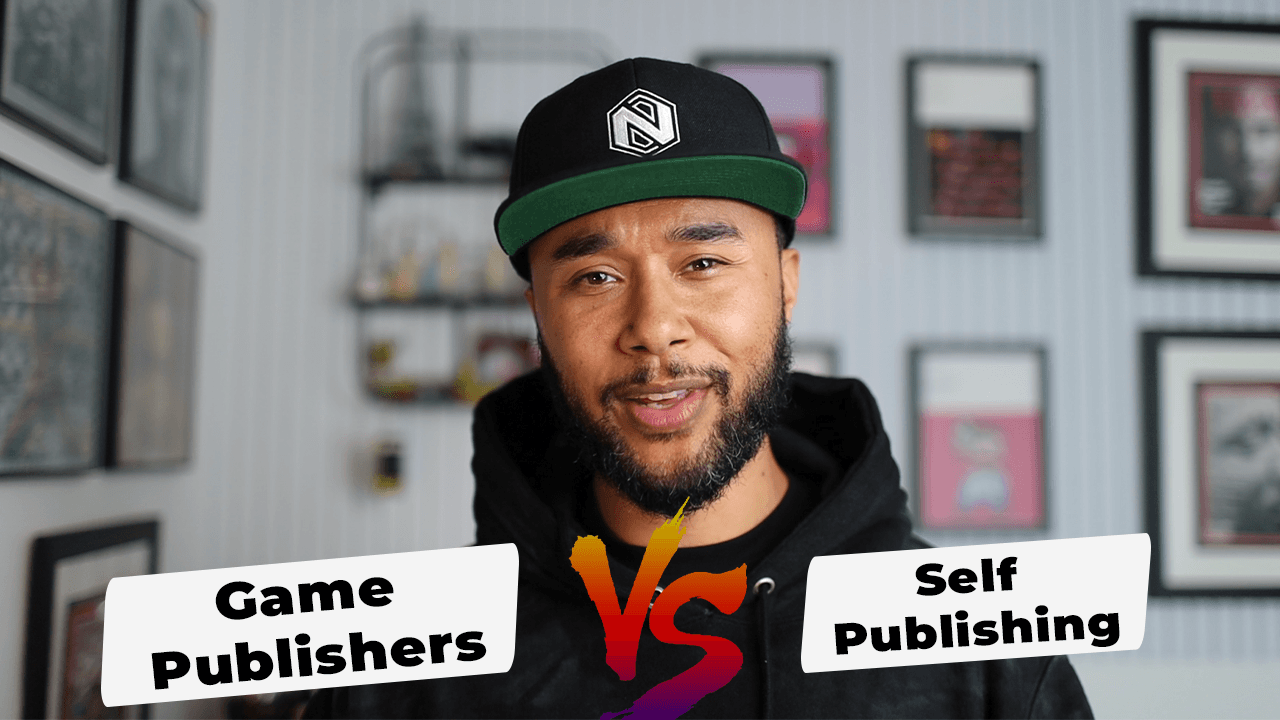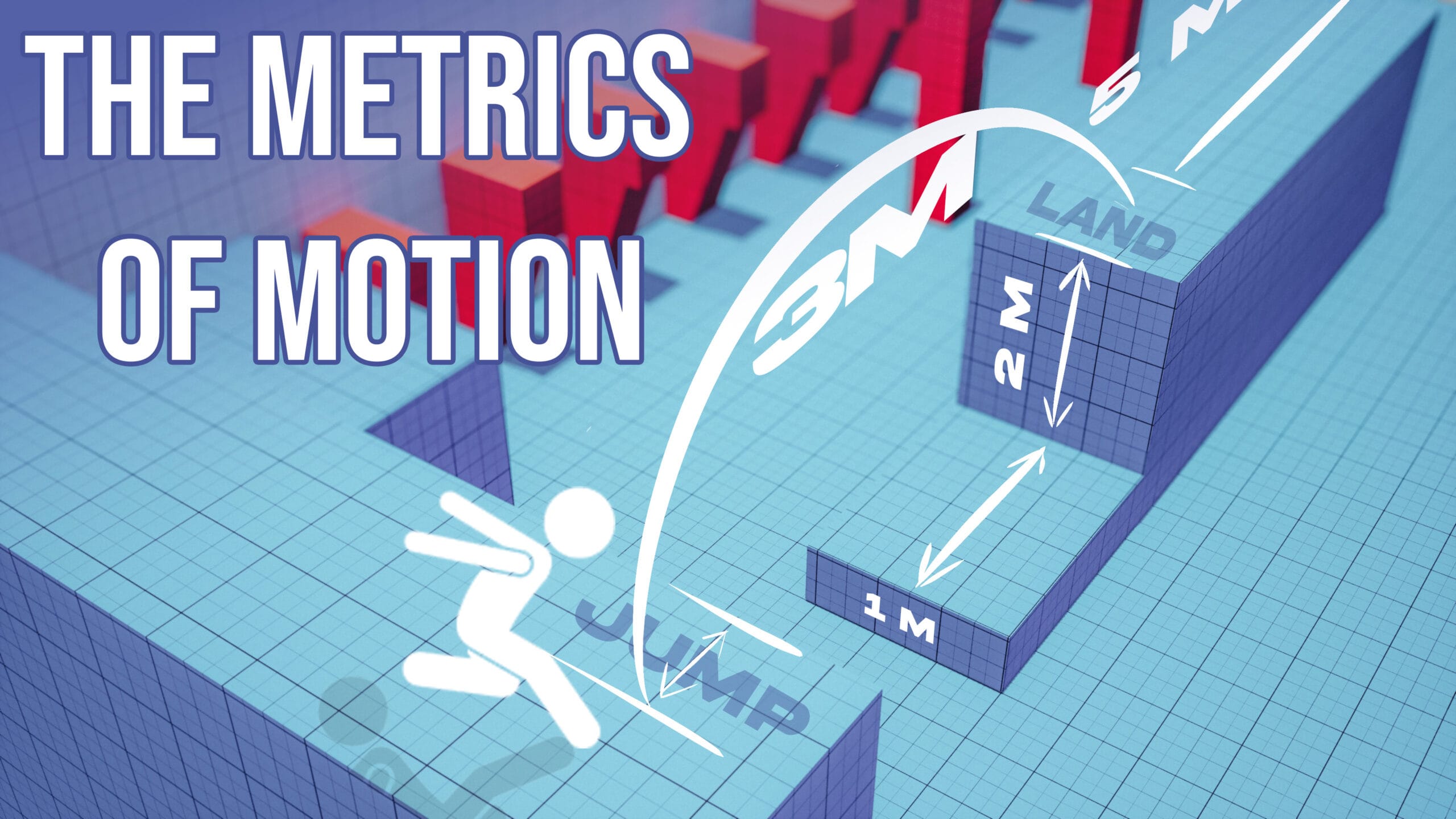
The Rise of Self-Publishing for Game Developers: Why It’s Thriving in 2024
Author: Harvey Newman | Date: October 2024
Today I want to talk about Self-Publishing for Game Developers vs Traditional Game Publishers. If you’re a game dev or into the gaming scene you’ve probably noticed more and more devs are ditching publishers in favour of going solo. It’s a trend that’s been growing over the last few years and in 2024 self publishing is looking like the smart move for a lot of devs.
Much like a self published book, self publishing in game development allows creators to control the creation and marketing of their works, but it also comes with challenges in distribution and visibility.
Let’s get into why and how it might be the right choice for your next project.
Understanding Self-Publishing for Game developers Vs Traditional Publishing
When it comes to getting your game out into the world, you have two main paths: self-publishing and traditional publishing. Traditional publishing involves finding a literary agent or approaching a publishing house directly. These publishers handle everything from editing and cover design to marketing and distribution. They have established sales teams and marketing strategies to help your game reach a wider audience.
On the other hand, self-publishing puts you in the driver’s seat. You’re responsible for every aspect of your game’s release, from the initial concept to the final marketing push. While this route offers more creative control, it also requires a significant amount of work and investment upfront. Understanding these differences is crucial for making an informed decision about which path to take for your game development journey.
Why devs are self publishing
Just a few years ago getting a game published without a big publisher behind you seemed impossible. But things have changed a lot. Game devs are realizing they don’t need a big publisher to succeed. In fact, for many, self-publishing offers more benefits than a traditional publishing deal ever could, especially in terms of creative decision making. I’ve spoken to devs at events like Gamescom and have seen first hand why so many studios are self publishing.
1. Creative Control: Your Game, Your Vision
One of the main reasons devs are self publishing is creative control. When you work with a publisher, especially one investing big money, you can lose control of your game. Publishers want to play it safe and go for what’s guaranteed to sell which can stifle your creativity.
By self publishing you have total control of your project. You get to make the game you’ve always wanted to make without compromising your vision. This is especially important for indie game devs where creativity and uniqueness is what sets you apart.
2. Better Revenue Sharing: More of the Profits
The financial benefits of self publishing are massive. When you partner with a publisher they take a big cut of the revenue – sometimes 70% or 80%. And on top of that you don’t see any profits until the publisher has recouped their investment. This means you could be waiting a long time before you see any money from your game.
With self publishing, all the revenue comes to you. If your game is successful, you get 100% of the profits. This is a stark contrast to traditional revenue sharing models where income is distributed among various stakeholders. By self-publishing, developers can avoid complex revenue sharing agreements and keep more of their profits. You can pay your team fairly and reinvest in future projects. The potential for a much higher return on investment is a big reason why devs are choosing this route.
3. Direct Access to Players Through Popular Platforms
Another big reason self publishing is on the rise is the access devs now have to massive platforms like Steam, Epic Games Store and GOG. These platforms have millions of active users and allow indie devs to get their game in front of players without a publisher.
And if your game takes off on these platforms you don’t need a big marketing budget to succeed. Games that get traction can rise in popularity through user reviews and social sharing. This is a big bonus for devs who can’t afford a big marketing campaign.
Costs and Benefits of Self-Publishing
Self-publishing comes with its own set of costs and benefits. On the cost side, you’ll need to invest in editing, cover design, and marketing. These expenses can add up quickly, but they are essential for creating a polished and marketable game. However, the potential financial success can outweigh these initial costs. With self-publishing, you keep a larger share of the profits, which can be reinvested into future projects.
The benefits of self-publishing extend beyond financial gains. You have complete creative control and ownership of your work, allowing you to bring your unique vision to life. On the flip side, traditional publishing offers access to professional editing, marketing, and distribution services. These resources can help you reach a wider audience and ensure your game is of the highest quality. Weighing these costs and benefits will help you decide which path is right for you.
Working with Traditional Publishers
Working with traditional publishers can provide significant advantages, especially if you’re looking to reach a broader audience. Publishers offer professional development solutions, marketing, and distribution services, which can elevate the quality and visibility of your game. They have established sales teams and marketing strategies that can help your game stand out in a crowded market.
However, partnering with a traditional publisher also means sharing revenue. Publishers typically take a significant cut of the profits, which can reduce your overall earnings. Additionally, you may have to relinquish some creative control, as publishers often have the final say in editing, marketing, and distribution decisions. It’s a trade-off between the support and resources a publisher can provide and the autonomy and higher revenue potential of self-publishing.Time to Publication and Distribution
One of the key differences between self-publishing and traditional publishing is the time to publication. Self-publishing can be a faster route, as you don’t have to wait for a publisher’s approval. Once your game is ready, you can publish it independently and start selling immediately. This speed and flexibility can be a significant advantage, especially if you’re eager to get your game into the hands of players.
Traditional publishing, on the other hand, can take longer. The process involves submitting your game to publishers, waiting for approval, and then going through their editing and marketing processes. Distribution can also be slower, as games may need to be shipped to physical stores or online retailers. However, the structured approach of traditional publishing can ensure a more polished final product and a wider reach. Balancing these timelines and distribution methods will help you choose the best path for your game development goals.
Self Published Books Success Stories
Let’s look at a couple of examples of self publishing for game devs working out. Self published books have also found success in the gaming industry, showcasing the potential for financial earnings and recognition through self-publishing.
Bornless by a UK Indie Studio
At Gamescom I saw a game called Bornless by an indie team from the UK. What’s cool about this studio is they decided to self publish. They went all in on their booth, even giving away free comics to promote the game. Their enthusiasm and creativity was infectious and it showed in the game itself. By self publishing they kept control of their vision and are making waves in the indie scene.
Forever Winter by Fun Dog Studios
Another example is Forever Winter by Fun Dog Studios. They’re taking a direct approach to self publishing by talking to their players and involving them in the game’s development. By listening to player feedback they’re making a game that truly reflects what their audience wants. This kind of engagement is only possible when you’re not tied to a publisher’s restrictions and that’s why more devs are self publishing.
Going Solo
Of course self publishing has its own set of challenges. One of the biggest is marketing. Without a publisher it’s up to you to generate hype for your game. Platforms like Steam and Epic Games Store help with discoverability but visibility can still be tough especially in a crowded market. That’s where shows like The Game Awards and Summer Game Fest come in – they give indie devs a platform to show their games to a global audience.
In traditional publishing, literary agents can provide support by pitching your work to publishers, which is not available in self-publishing.
And then there’s the challenge of porting your game to different platforms. Developing for PC is relatively easy but getting your game on consoles like PlayStation, Xbox or Nintendo Switch requires extra time, effort and expertise. Many self publishing devs either partner with external teams for QA and porting or focus on one platform to start.
Is Self Publishing for You or Traditional Publishers?
So is self publishing for you as a game dev? It has its advantages – total creative control, better revenue share and direct access to millions of players. But it requires more upfront work and a solid marketing strategy. If you’re willing to put in the work self publishing can be a great route.
On the other hand, being traditionally published offers benefits such as advances, royalties, and the support provided by publishers, which can be advantageous for some authors.
What’s Next
So what do you think? Self publishing the future of game development or will publishers still be relevant? Let me know in the comments below and let’s keep the chat going!
Subscribe on YouTube For More Tips & Tricks
Full Video Below
Watch the full video on YouTube




